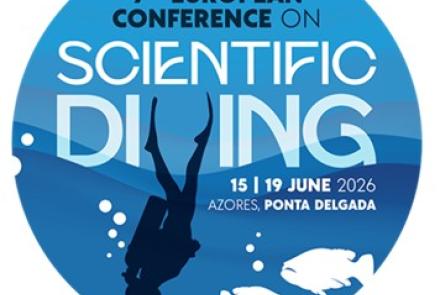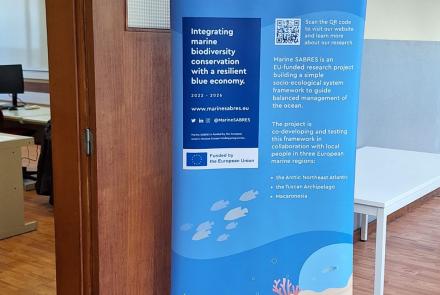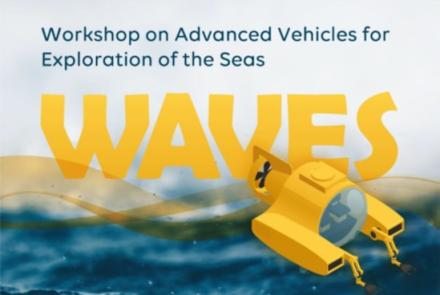PLASTIFUN – Global Assessment of Plastic Degradation in Environments with Contrasting Anthropization
According to the European Commission, around 32 million tonnes of plastic waste are produced in Europe every year1. Of this, approximately 80% ends up in marine environments, where it can take up to 400 years to degrade completely2.
Despite warnings about this environmental crisis, there is growing production and consumption of plastic for different uses, with global plastic use estimated to increase from 464 Mt (million metric tonnes) in 2020 to 884 Mt in 20503.
Given this alarming scenario, it is essential to develop and promote more sustainable alternatives. It is in this context that biodegradable plastics emerge as a promising solution to reduce the persistence of plastic waste in the environment.
With the aim of better understanding the degradation of biodegradable plastics in terrestrial environments, the international PLASTIFUN project was created, coordinated by researchers from the University of Alicante (Spain). This study is a collaborative science initiative that aims to assess the degradation of these materials in terrestrial ecosystems in different regions of the world, with the participation of the University of the Azores.
The experiment follows a standardised protocol, in which each participant installs plastic fragments, wooden spatulas and tea bags in soils with different types of occupation. On the island of São Miguel, six locations with different uses were selected — ranging from natural areas with little or no human contact to urban and agricultural areas — located in the municipalities of Ponta Delgada and Vila Franca do Campo.
The data collected will enable the effective degradation of these materials to be assessed in real field conditions, depending on the pH, organic matter content of the soil and type of vegetation cover.
The results of PLASTIFUN will contribute to the advancement of scientific knowledge and the transition from conventional plastics to biodegradable plastics, with advantages for the preservation of human health and ecosystems.
At the University of the Azores, the project was carried out by Dr Sílvia Quadros and final-year biology student Inês Rente.
Acknowledgements: We would like to express our gratitude to the external entities that provided spaces for conducting the trials: Municipality of Vila Franca do Campo, agricultural producer Mr. André Couto, CNE-Agrupamento 436, Jardim José do Canto, Forestry and Land Management Service of Ponta Delgada, and Agricultural Development Service of São Miguel.
Referências:
1. Comissão Europeia. (2024, 27 de agosto). Plásticos. Comissão Europeia. Recuperado a 4 de julho de 2025, de
https://environment.ec.europa.eu/topics/plastics_en
2. Parker, L. (2018, 20 de dezembro). A whopping 91% of plastic isn’t recycled. National Geographic. Recuperado de
https://www.nationalgeographic.com/science/article/plastic-produced-recyclingwaste-ocean-trash-debris-environment
3. Veidis, E. M., LaBeaud, A. D., Phillips, A. A., & Barry, M. (2021). Tackling the ubiquity of plastic waste for human and planetary health. The American Journal of Tropical Medicine and Hygiene, 106(1), 12–14. https://doi.org/10.4269/ajtmh.21-0968









